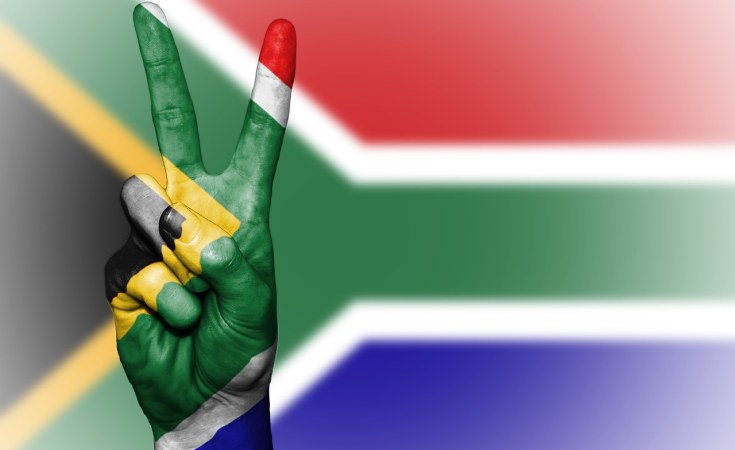As South Africa celebrates 30 years of democracy, it is crucial to assess the ongoing challenges to the current state of human rights and explore the extent to which they are respected, protected and fulfilled.
Most public holidays in South Africa hold great historical significance as they serve as remembrances of a painful history as well as reminders of the long road ahead.
Human Rights Day is one such day that serves as a moment of reflection and commemoration for those who lost their lives in the Sharpeville Massacre of 1960.
The events of 21 March 1960, which started as a peaceful march against the apartheid pass laws, turned into a tragic massacre when the police shot and killed 69 people, including 29 children, and wounded over 180 others.
This day marked a major turning point in South African history as it resulted in an intensified armed struggle for liberation from the brutality and inhumanity of apartheid.
In 2024, South Africa marks the 30th anniversary of its democracy, a poignant reminder of the sacrifices made to achieve freedom. As we commemorate 21 March this year, it is important to pause, reflect and assess the trajectory of human rights since the transition to democracy.
Since the end of apartheid in 1994, black South Africans have experienced the most severe human rights violations, enduring continued marginalisation and vulnerability.
Despite strides toward equality, gross violations of human rights...


